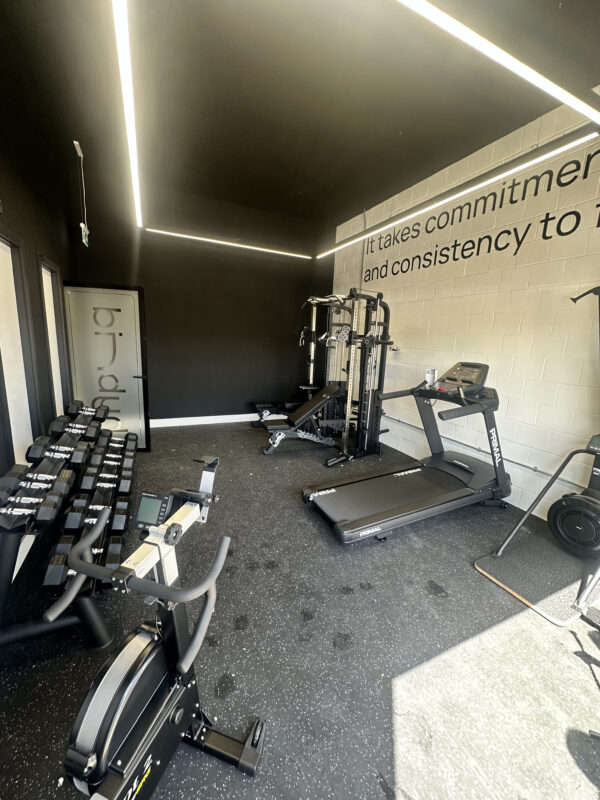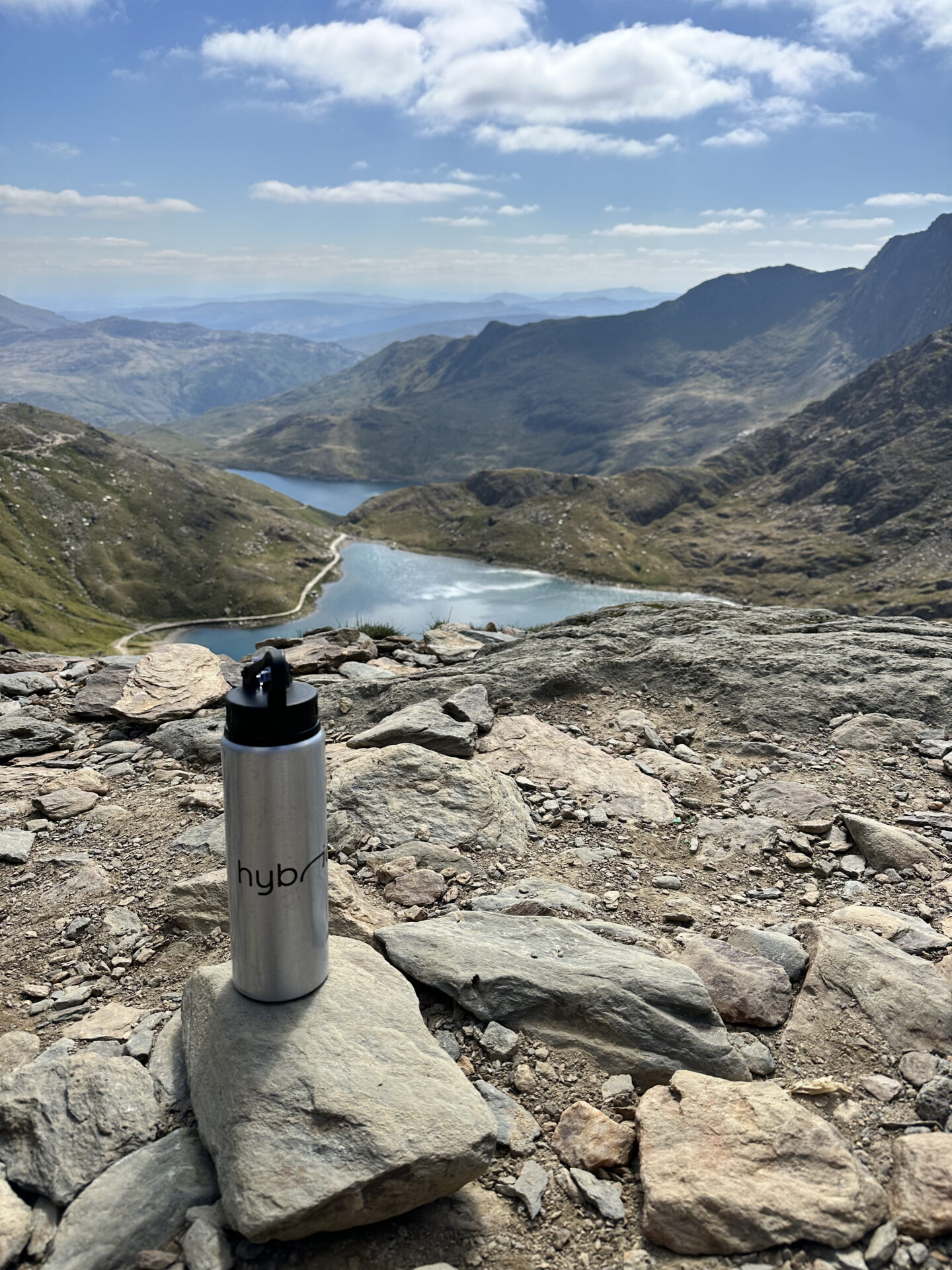At Hybrid, we know that our people are our greatest asset. When our people thrive, our business thrives. That’s why we’ve made a long-term commitment to building a workplace culture that actively supports physical health, mental wellbeing, and a work-life balance that works for everyone.
We’ve taken a proactive role in leading wellness focused initiatives across the business, like introducing an in-house personal trainer, Callum Baines. Callum joined the team after we found that 60% of employees were eager to improve their health and wellbeing.

Speaking on the importance of embedding wellness into daily routines, Callum says,
“The place you probably spend the most time at other than home is work. You’ve got to find environments like work to be exposed to a health focused culture and really push that as a habit and a norm.”
Our goal was to give our team the tools, space, and support they need to feel their very best both at home and work.
So we set up a 12 week challenge. An initiative created to get our office thinking about all aspects of wellbeing, not just hitting the gym. We focused on a variety of healthy habits like breathwork, meditation, daily walks, reading, meeting nutrition goals, and achieving their PBs.
Anyone could get involved too with all fitness levels and goals welcome. That’s because it’s not all about competition, it’s about creating sustainable habits that improve quality of life in and out of the office.
As wellbeing is a big part of Hybrid, when we hosted our first Padel by Hybrid networking event, we wanted to make sure that was reflected. Instead of a traditional networking setup, we booked padel courts to get people moving and connecting in a more active, relaxed way. With two tournaments across six courts, the energy was high and so were the conversations.
Although that sounds like good fun (and it was!) Mental health, physical wellbeing, and work-life balance shouldn’t be seen as perks. They’re essentials. Especially in an industry that never really slows down. Long hours, tight deadlines, and constant pressure can take a real toll, not just on performance, but on people.
The companies that really get this are the ones creating environments where people feel supported, not just managed. And funnily enough, when people feel good, they do good work. Engagement goes up. Performance improves. People stick around. Not because they have to but because they want to.

